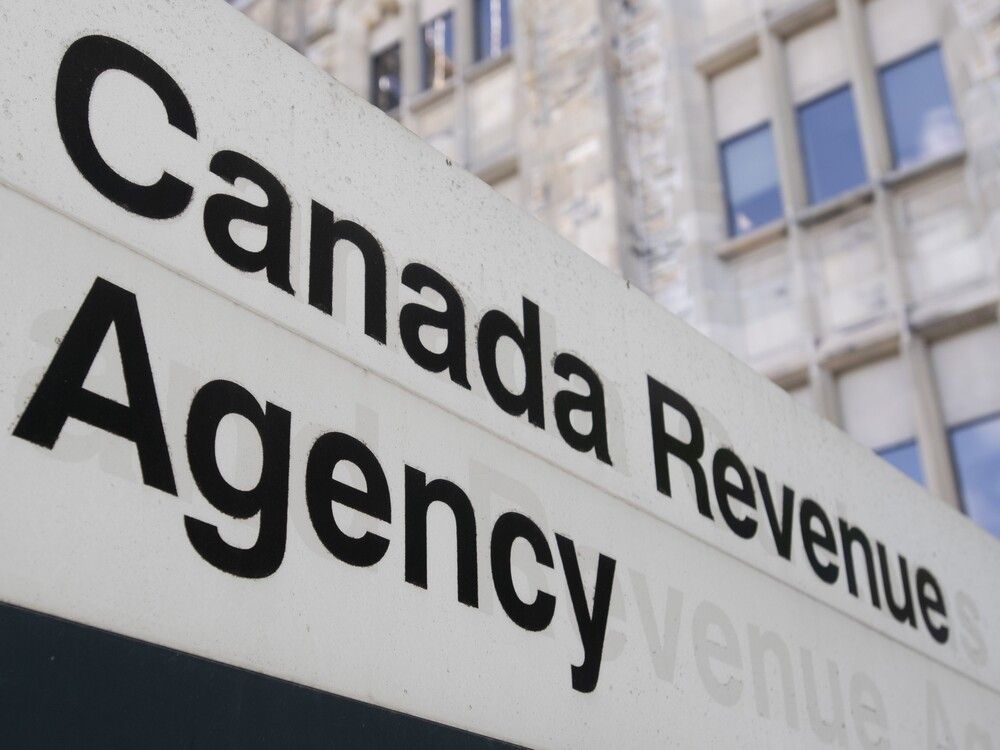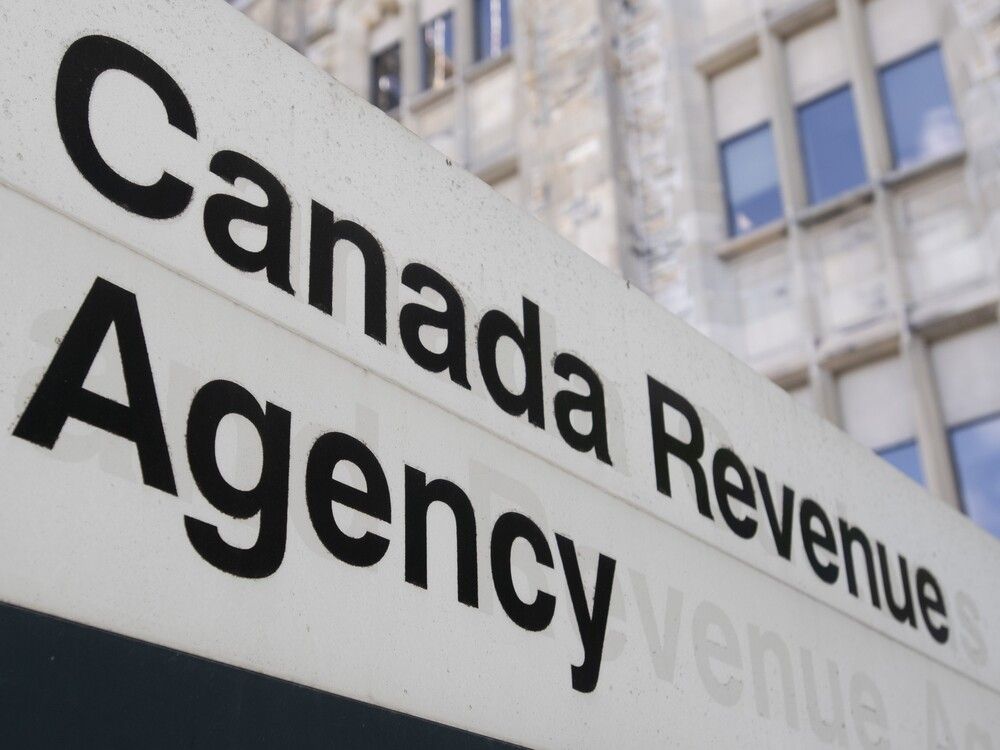
The
disability tax credit
(DTC) is a non-refundable tax credit that is intended to recognize the impact of various non-itemizable disability-related costs. For 2025 the value of the federal credit is $1,521 but add the provincial tax savings and the combined annual value can be up to $3,243, depending on the value of the provincial credit. Not every disability qualifies and there are specific criteria depending on the type of disability. The DTC is also a requirement to qualify for opening a
registered disability savings plan
(RDSP).
In a recent case decided earlier this month, a taxpayer who was suffering from severe obstructive sleep apnea attempted to claim the DTC for the 2014 to 2023 taxation years. To this end, he completed the Canada Revenue Agency’s required
, Disability Tax Credit Certificate. The CRA subsequently reviewed the form and issued a notice of determination informing the taxpayer that he was not eligible. The taxpayer objected and ultimately appealed the CRA’s decision to the Tax Court.
The taxpayer is a small business owner. More than a decade ago his spouse noticed that she was no longer sleeping well because she would be awakened each night by her husband’s breathing. The taxpayer described waking up at night, lurching, gasping and sweating. He was also falling asleep during the day, including while in meetings at work or during dinner. The taxpayer eventually sought medical attention from his doctor.
His doctor suspected that he had sleep apnea and arranged for a sleep study with a respiratory services firm involving an overnight oximetry test. Based on the results of the test the doctor diagnosed the taxpayer with obstructive sleep apnea and prescribed the use of a continuous positive airway pressure (CPAP) device, a heated humidifier and a nasal mask, to be worn on a nightly basis, indefinitely.
The taxpayer purchased a CPAP machine and started to use it at night. In time, the taxpayer noticed a significant improvement in his wellbeing and health. His ability to function returned with CPAP therapy and he was no longer waking up lurching and gasping and soaking in sweat.
The taxpayer sought to qualify for the DTC on the basis that his use of a CPAP device meets the eligibility criteria for what is referred to as “life-sustaining therapy.” Under the tax law, five conditions must be satisfied to be eligible for the DTC for life-sustaining therapy. First, the individual must have one or more severe and prolonged impairments in physical or mental functions. Second, the individual is receiving therapy that is essential to sustain a vital function of the individual. Third, the therapy is required to be administered at least two times each week for a total duration averaging not less than 14 hours a week. Fourth, the therapy cannot reasonably be expected to be of significant benefit to people who do not have a severe and prolonged impairment in physical or mental functions. And fifth, the effects of the impairment is such that without the life-sustaining therapy the individual’s ability to perform a basic activity of daily living would be markedly restricted.
The CRA accepted that, in this case, the taxpayer met conditions 1, 2, 4, and 5 but it was condition 3 that was problematic. That condition requires the therapy to be administered at least two times each week for a total duration averaging not less than 14 hours weekly. Furthermore, the Tax Act specifies that the time spent on administering therapy includes only time spent on activities that require the individual to take time away from “normal everyday activities” in order to receive the therapy.
The taxpayer testified that, although he was able to fall asleep with the use of the CPAP device, it was not as simple as putting the mask on and sleeping for eight hours. He described having to spend a lot of time trying to get to sleep with the CPAP mask. In addition, the mask would vent and the humidity would leave his face wet. When he rolled over during the night, the taxpayer said water would sometimes run across his face and wake him up, sometimes several times a night. He would need to get up to wash his face and then return to bed, place the mask on and take time to fall back asleep.
The taxpayer accepted that sleep itself is a normal everyday activity and so the time he spent sleeping while using the CPAP machine should not be included in the 14 hours. But he testified that the time he spent each night setting up the CPAP device, the time he spent trying to fall asleep using the CPAP device, the time spent being awakened by the CPAP device and the time spent trying to get back to sleep after his sleep was disrupted totaled more than 14 hours each week and should be considered “time away from normal everyday activities.”
While the judge was sympathetic to the impact that severe sleep apnea has on the taxpayer and acknowledged the challenges that sleeping with a CPAP mask created for the taxpayer, he concluded that the use of the CPAP device while falling asleep and while attempting to fall back asleep following a sleep disruption did not require the taxpayer to take time away from normal everyday activities in order to receive the CPAP therapy.
As a result, the judge concluded that the taxpayer did not receive therapy that was required to be administered for a total duration averaging not less than 14 hours a week as required by the tax law, and therefore condition 3 for eligibility was not satisfied. The taxpayer was therefore found to be ineligible for the DTC for the taxation years in question.
Jamie Golombek,
FCPA, FCA, CFP, CLU, TEP, is the managing director, Tax & Estate Planning with CIBC Private Wealth in Toronto.
Jamie.Golombek@cibc.com
.
If you liked this story,
sign up for more
in the FP Investor newsletter.



